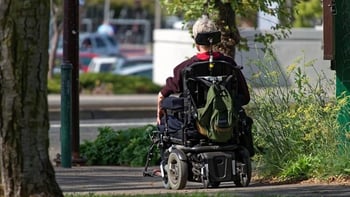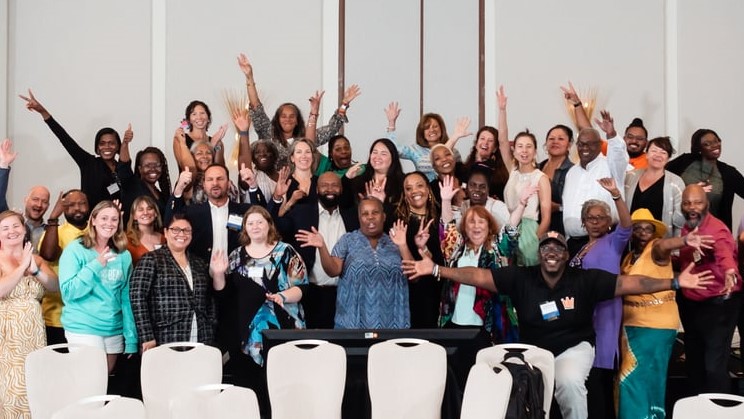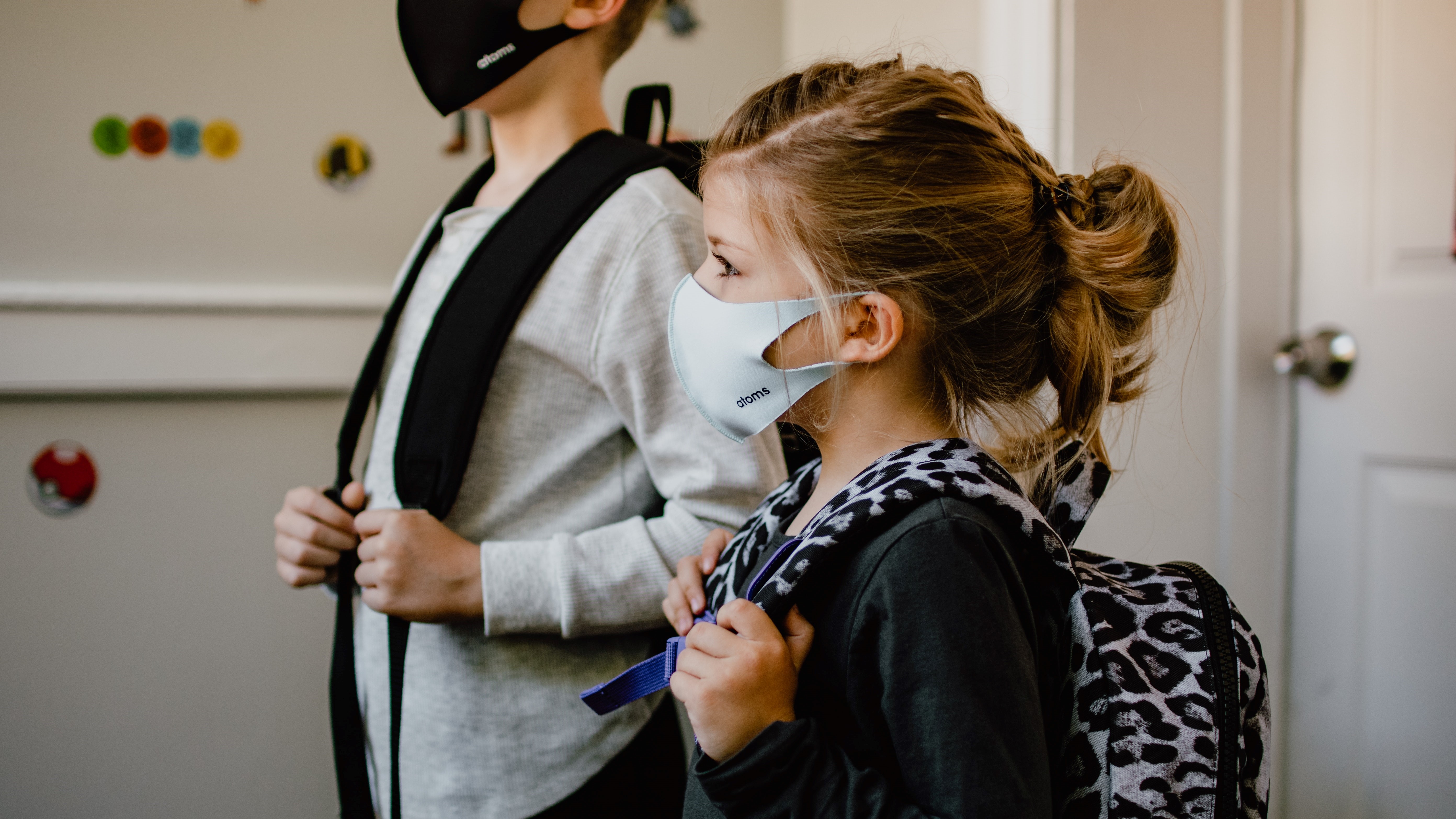For many of us, the conversation around maintaining our health and well-being during periods of social isolation has become increasingly relevant. We all now see the inherent value in going out for a walk with a friend or spending time around the dinner table with our loved ones.
As we collectively explore the value of social connection through recreation (leisure activities), we are looking to explore the ideas of recreation (creating our communities once more).
 Caregivers during a crisis
Caregivers during a crisis
Recreating how we provide service and enable others is something that Amy MacFarlane, founder and CEO of the Canada-wide social health company Recreational Respite, has dedicated their energy towards.
These conversations around to the best ways to provide recreation for people with disabilities started back in 2008 during the global financial crisis. Amy’s company focused on filling the gap between the number of people with disabilities in need of assistance and the number of people in caregiving roles. In particular, Recreational Respite targeted access to recreational and leisure activities.
Widespread disconnect
Fast forward 13 years as we face another collective test during the COVID-19 pandemic. Many of us are considering the same questions of "How do we stay connected? How do we stay healthy and happy when experiencing social isolation?”
The issue of disconnection is an everyday issue for many people with disabilities but is often overlooked or misunderstood by able-bodied people. With the lockdowns and restrictions required because of the COVID-19, however, this sentiment is now something nearly all of us have experienced to some degree.
"Our people, our customers, are telling us what they need. That's what we're going to pivot around. That's what we're going to reinvent new services to support.”
Lessons learned
Below are some of the lessons learned through Amy’s work:
- Socializing, recreation and leisure improve well-being.
- Belonging and contributing to a community provides purpose and meaning.
- Listening to clients’ needs can help to bridge service gaps.
- (Community) Interdependency encourages (personal) autonomy
- Resilient systems are adaptive
With an increase demand on our institutions, supporting individuals to become resilient and fulfilled is something that community is best designed to do.
As we explore new ways to recreate our services, we must remember to centre and enable the aspirations and autonomy of those living with disabilities.
Learn More
- You can stay connected with Recreational Respite through their blog, found here.
- On May 19, 2021, Amy joined Steven Estey and Sarah Schulman to discuss enabling people with disabilities to engage and build well-being through community.





